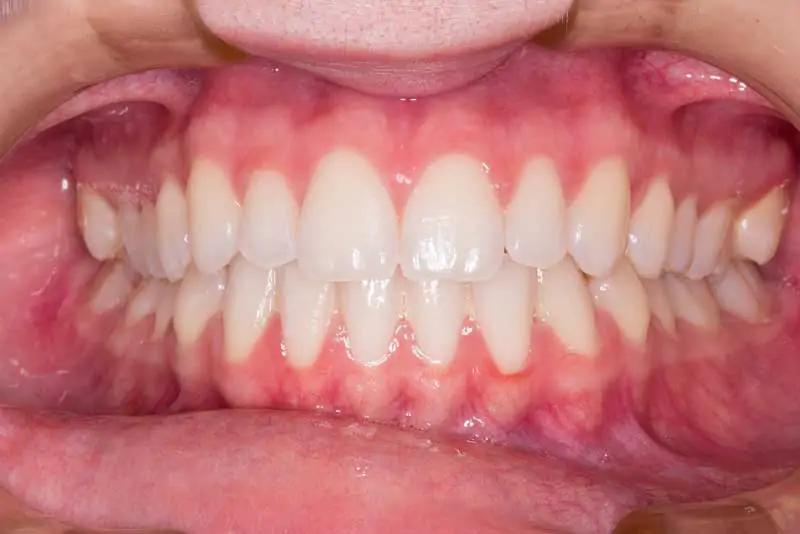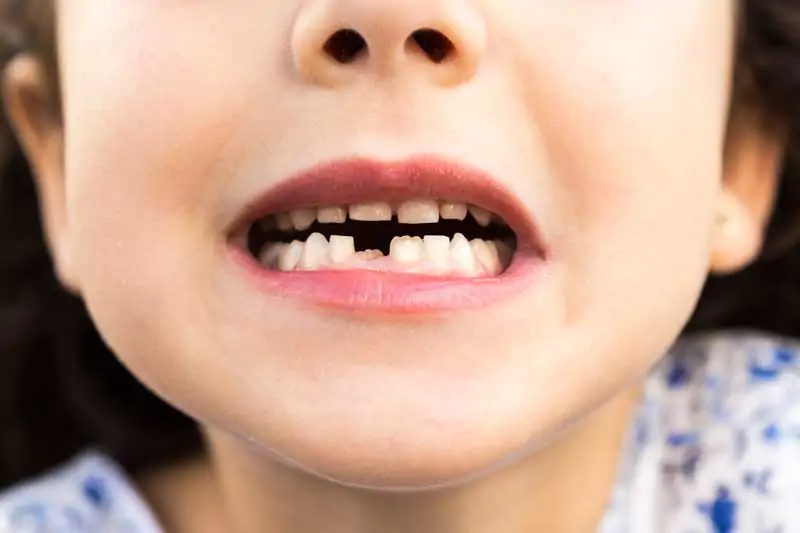Wisdom teeth emergence is a common life event. Many people experience symptoms during this time. Recognizing these early signs is important. It helps manage discomfort and prevent issues.
These third molars usually appear in late adolescence. They can cause various sensations. Some individuals feel no symptoms at all. Others may experience significant pain.
Knowing what to expect empowers you. Early detection of problems is crucial. Seek professional advice promptly if concerns arise.
For expert guidance on Wisdom Teeth Treatment Bali, consider a specialist. They can assess your unique dental needs.
A trusted Dental clinic offers comprehensive care. They provide accurate diagnoses. This ensures effective treatment plans.
Bali Sudirman Medical Centre offers advanced dental solutions. Their team guides you through every step. Prioritize your oral health today.
Understanding Wisdom Teeth Emergence
Wisdom teeth are your last set of molars. They typically erupt between ages 17 and 25. This period often coincides with maturity. Hence, they are called “wisdom” teeth. Not everyone develops all four. Some individuals have fewer or none. Genetics plays a significant role here.
Sometimes, wisdom teeth emerge without problems. They align perfectly with other teeth. However, space in the jaw can be limited. This often leads to various complications. These issues can cause discomfort or pain.
Key First Signs of Wisdom Teeth Coming In
1. Gum Tenderness and Swelling
One of the earliest signs is gum irritation. You might feel tenderness at the back of your mouth. Swelling in the gum tissue is also common. This happens directly behind your second molars. The area might appear red or inflamed. This is a natural response to eruption. Brushing might cause slight bleeding.
- Localized Tenderness: Discomfort in the very back of the mouth.
- Visible Swelling: Gums may look puffy or raised.
- Redness/Inflammation: The affected gum area can change color.
2. Mild to Moderate Pain
Pain is a very common symptom. It can range from a dull ache to sharp stabs. This discomfort may be intermittent at first. It often becomes more frequent over time. The pain is usually felt near the back of the jaw. Chewing can become painful. This pain indicates pressure from the emerging tooth.
“Tenderness, pain, and discomfort in the back of your mouth are often the first signs of wisdom teeth coming in.” – Shawnessy Dental Centre
3. Jaw Pain and Stiffness
Emerging wisdom teeth can pressure your jawbone. This often leads to jaw pain. You might also experience stiffness in your jaw. Difficulty opening your mouth wide is another symptom. This can make eating and speaking uncomfortable. The pain might radiate to your ears or head.

4. Unpleasant Taste or Bad Breath
When wisdom teeth partially erupt, they create a gum flap. Food particles and bacteria can get trapped there. This leads to an infection called pericoronitis. Symptoms include a foul odor or an unpleasant taste. This indicates bacteria buildup. Proper oral hygiene becomes critical here.
5. White Spots or Partial Visibility
As the wisdom tooth breaks through, you might see it. Small white specks can appear over the gums. This confirms the tooth’s eruption. Even partially visible teeth need attention. They can still cause problems.
6. Headaches and Facial Swelling
Pressure from impacted wisdom teeth can trigger headaches. These headaches can be frequent. Sometimes, facial swelling occurs. This is particularly true around the affected tooth. It signals inflammation or infection.
7. Difficulty Eating and Biting
Crowding from new teeth can alter your bite. You might accidentally bite your cheek or tongue. This happens more often while eating or talking. It indicates insufficient space in your mouth.
Why Wisdom Teeth Cause Discomfort
The pain from wisdom teeth varies. Several factors contribute to it. Understanding these causes helps. It informs proper dental care decisions.
Impaction
Many wisdom teeth become impacted. This means they are trapped under the gum. They lack enough space to erupt fully. Impacted teeth can grow at odd angles. They push against neighboring teeth. This constant pressure causes pain. It can also damage adjacent molars.
Partial Eruption and Infection (Pericoronitis)
Sometimes, only part of the tooth emerges. This creates a gum flap over the tooth. This flap, or operculum, traps food and bacteria. It becomes a breeding ground for infection. This infection is called pericoronitis. It causes severe pain, swelling, and stiffness.
“Additionally, inflammation of the gums (pericoronitis) can occur when wisdom teeth have erupted partially, leaving gum tissue vulnerable to infection.” – Shawnessy Dental Centre
Cysts or Tumors
In rare cases, impacted wisdom teeth can lead to cysts or tumors. These develop around the trapped tooth. While uncommon, they can cause significant damage. A 2011 study in Greece found that only 2.8% of extracted wisdom teeth had a cyst or tumor. Regular dental X-rays can detect these issues early. This is why professional checks are important.
When to Seek Professional Dental Help
Not all wisdom teeth cause problems. However, some symptoms warrant immediate attention.
Consult a dentist if you experience:
- Severe or persistent pain: Pain that doesn’t subside.
- Significant swelling: Affecting your face or jaw.
- Difficulty swallowing or breathing: Rare but serious.
- Fever: Indicates a potential infection.
- Noticeable bad breath or taste: Suggests an infection.
- Bleeding gums: Especially if persistent.
- Limited jaw movement: Struggling to open your mouth.
Ignoring these signs can lead to worse complications. Early intervention is always best. It helps prevent more invasive treatments later.
Managing Discomfort at Home (Temporarily)
While waiting for your dental appointment, you can try some remedies:
- Over-the-counter pain relievers: Ibuprofen or acetaminophen can help manage pain and swelling.
- Cold compress: Apply ice packs to your jaw to reduce swelling.
- Saltwater rinses: Rinse your mouth with warm salt water. This can soothe inflamed gums and kill bacteria.
- Soft foods: Avoid hard or chewy foods that might aggravate the area.
- Maintain hygiene: Gently brush and floss around the area. Keep it as clean as possible.
These are temporary solutions. They do not replace professional dental care. Always follow your dentist’s advice.
Conclusion
Recognizing the first signs of wisdom teeth coming in is essential. Symptoms like pain, swelling, and jaw stiffness are common. They often signal underlying issues. Impacted teeth and infections are frequent causes of discomfort. Early detection by a Dental clinic is paramount. It helps prevent further complications.
For comprehensive Wisdom Teeth Treatment Bali, seek expert care. Bali Sudirman Medical Centre offers professional evaluations. They provide personalized treatment options. Do not delay if you experience concerning symptoms.
Frequently Asked Questions (FAQ)
Q: At what age do wisdom teeth typically emerge?
A: Wisdom teeth usually appear between the ages of 17 and 25. This timing can vary between individuals.
Q: Is it normal for wisdom teeth to cause pain?
A: Yes, pain is a common symptom. It often indicates pressure or limited space for eruption.
Q: What is an impacted wisdom tooth?
A: An impacted tooth is stuck under the gum. It cannot fully erupt due to lack of space or obstruction.
Q: Can I manage wisdom tooth pain at home?
A: You can use pain relievers and saltwater rinses temporarily. However, professional dental evaluation is crucial for persistent issues.
Q: What are the risks of ignoring wisdom tooth pain?
A: Ignoring pain can lead to infections, damage to adjacent teeth, cysts, or gum disease.
Q: Will my wisdom teeth always need to be removed?
A: Not always. If they erupt properly and cause no issues, they might not need removal. Regular monitoring is key.
Q: What should I do if I see a white spot where a wisdom tooth should be?
A: This likely means the tooth is breaking through. Continue good oral hygiene. Schedule a dental check-up for assessment.
Q: Can wisdom teeth cause headaches?
A: Yes, pressure from emerging or impacted wisdom teeth can sometimes trigger headaches.
Experiencing signs of wisdom teeth coming in? Don’t leave your dental health to chance. Book a consultation today at Bali Sudirman Medical Centre!
Explore our comprehensive dental services: View Dental Services
Ready to schedule your appointment? Make a Reservation









